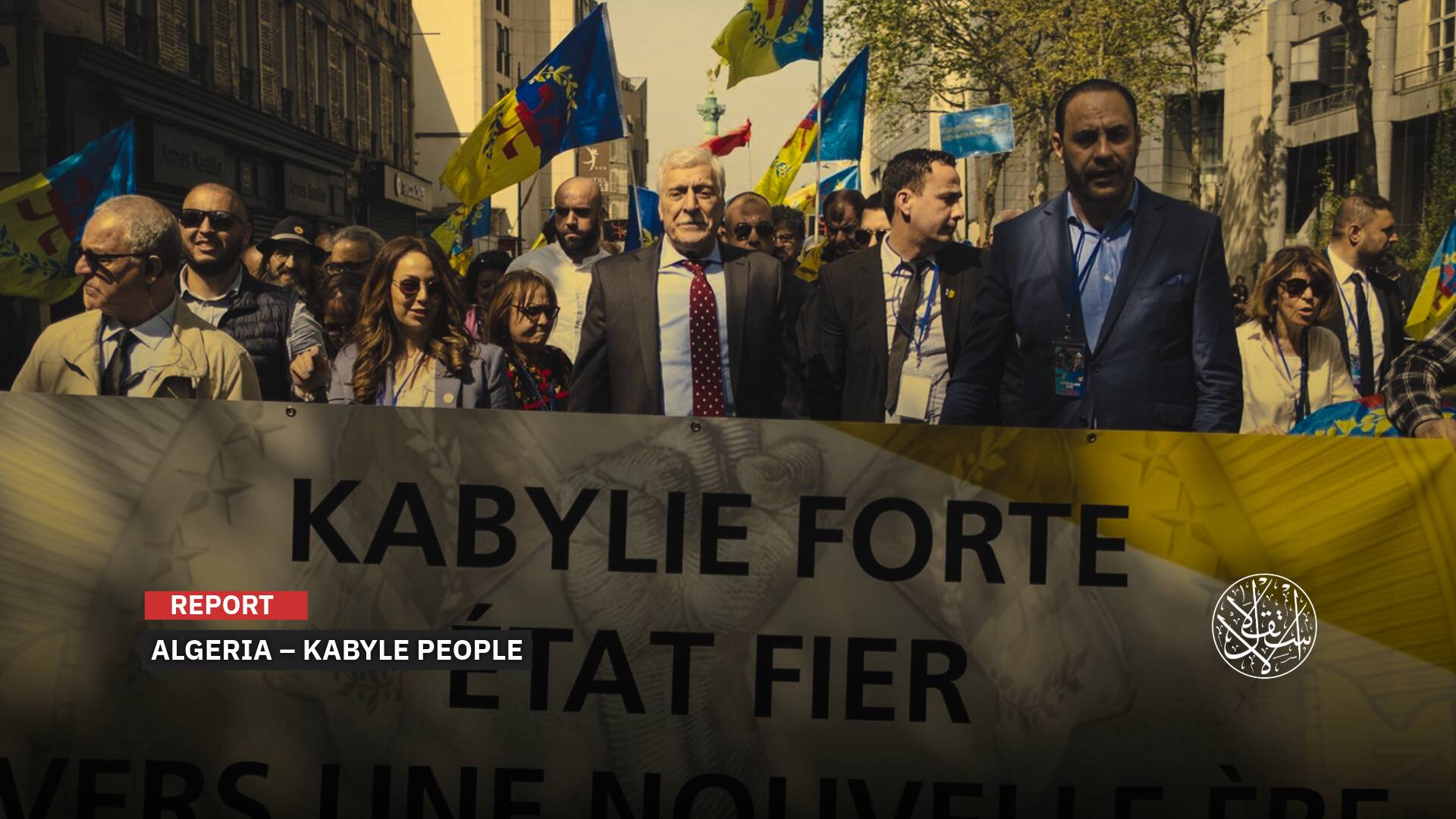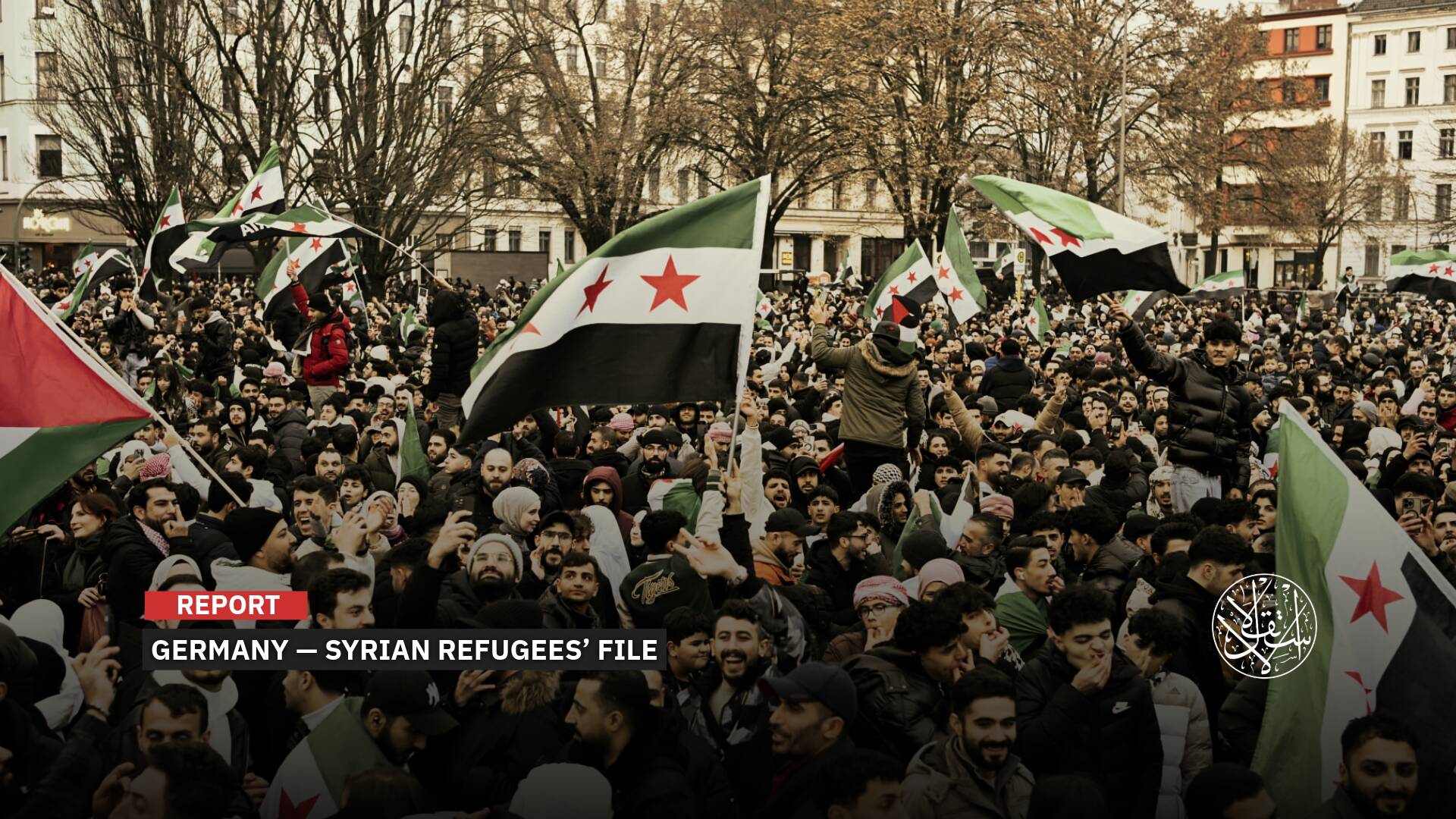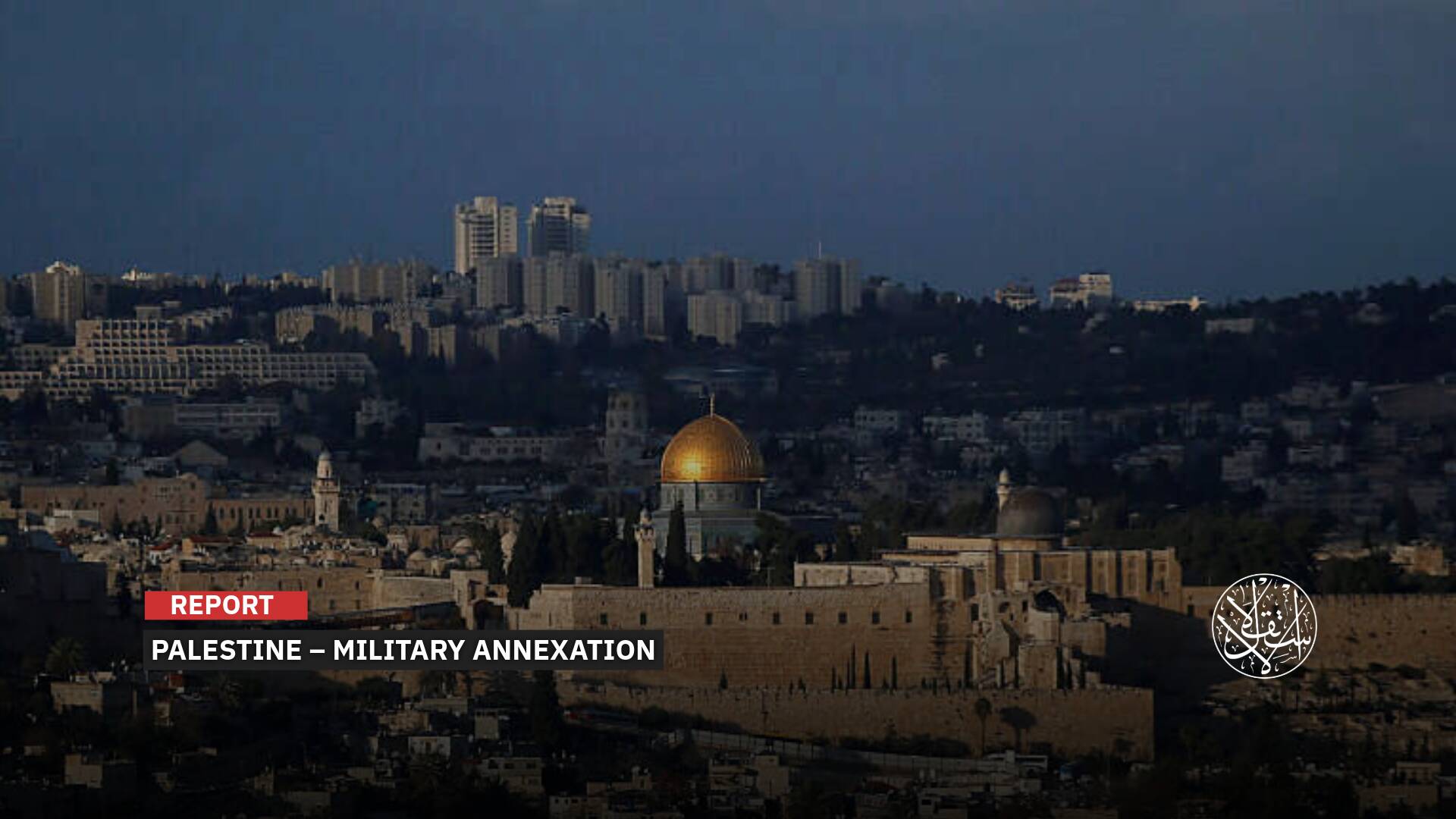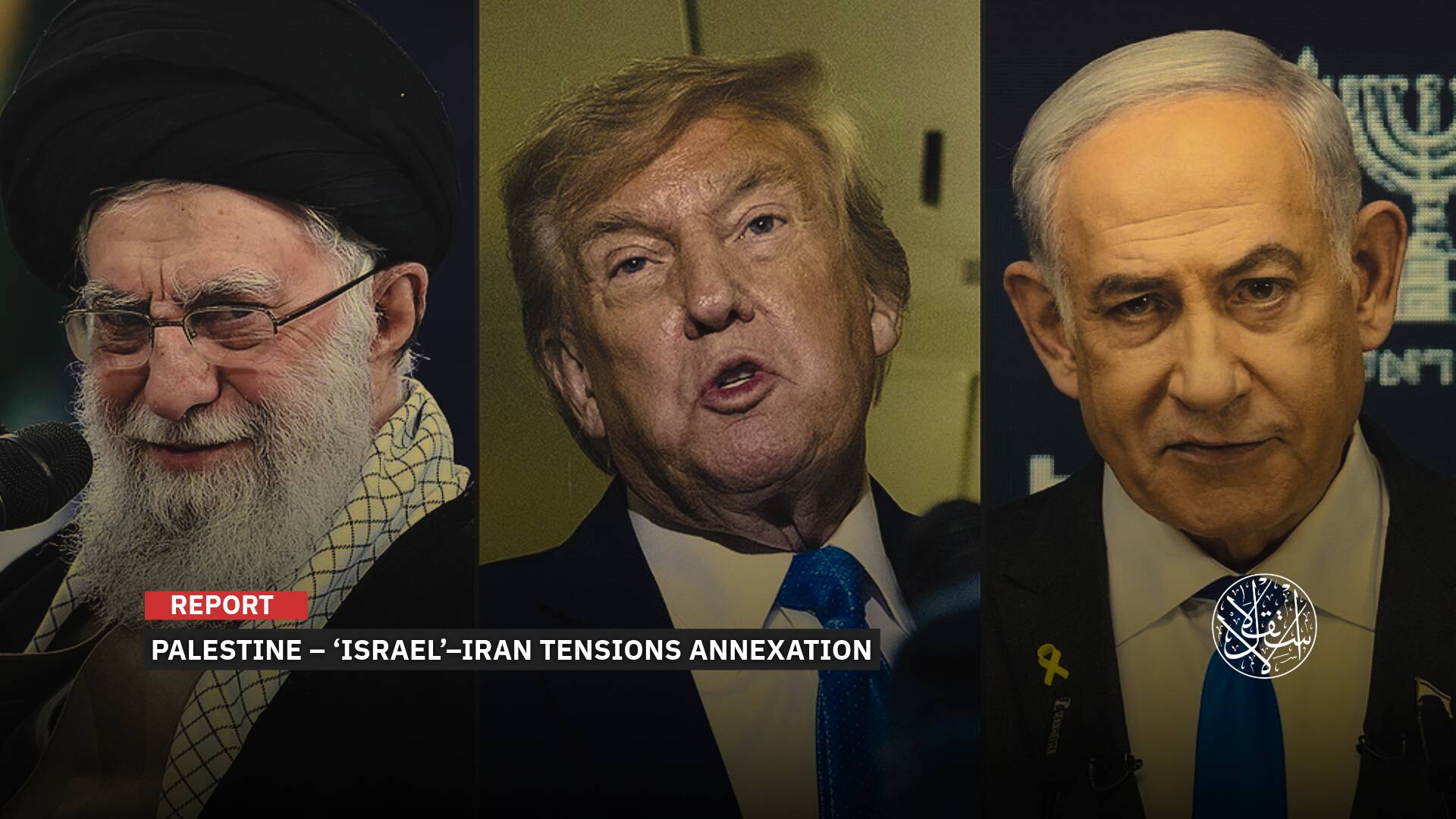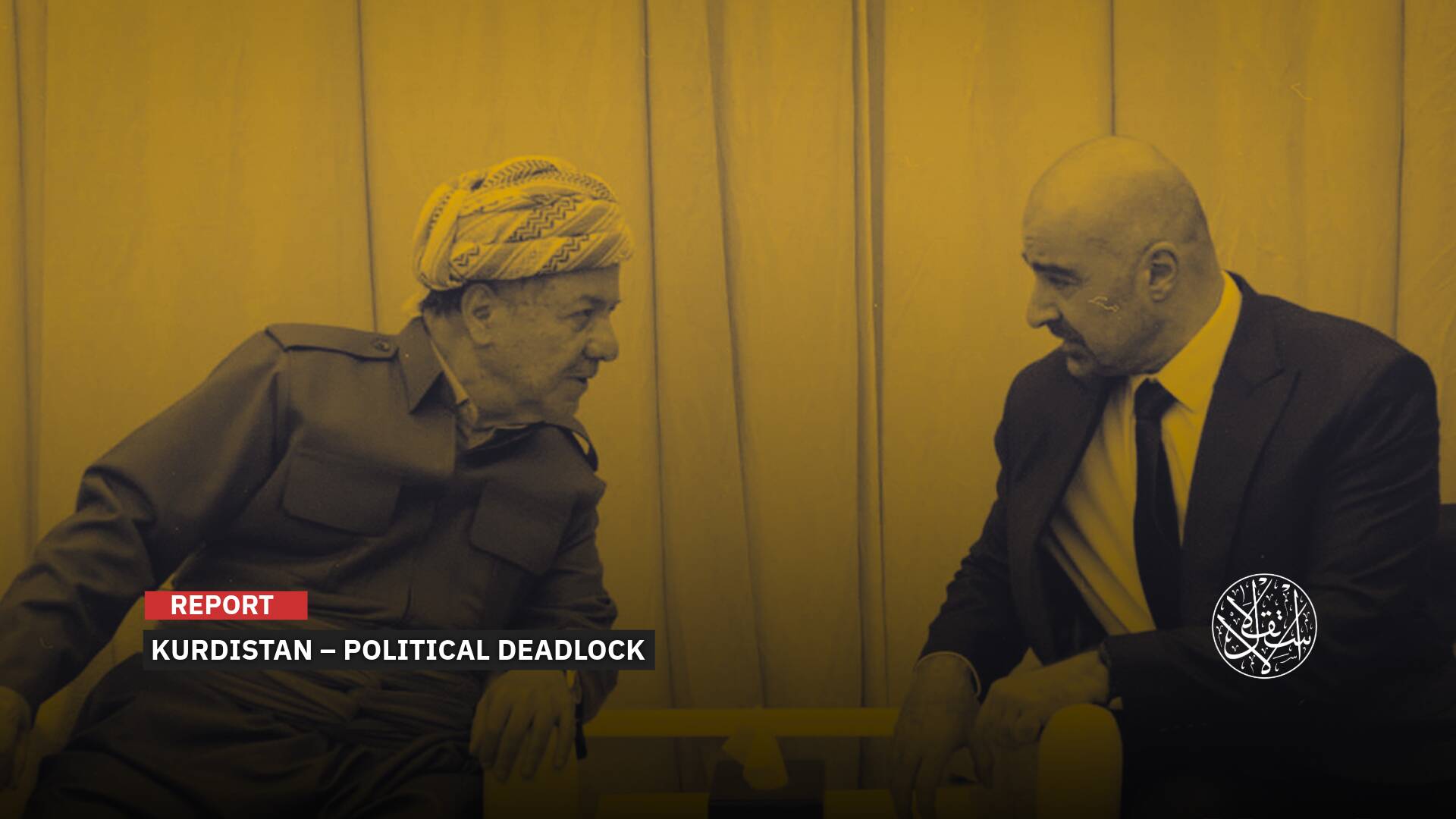Will Algeria Be Part of the Russia–Chinese Alliance?

Since 2001, Algeria has emerged as a major North African player for Washington with its geostrategic value after playing an important role in providing intelligence and assistance in counterterrorism operations in the Islamic Maghreb countries and rising trade with the United States in the oil and gas sector.
Throughout the last decade, Algerian relations seemed to be improving, but all of these initiatives failed once Donald Trump announced the decision to recognize Morocco's sovereignty over Western Sahara.
As a result, US-Algeria relations have soured, and even though some experts are counting on a change in the course of US foreign policy in North Africa with the Biden administration, this has not happened.
But last week, 27 members of the US Congress called for sanctions to be imposed on Algeria and included in the so-called "Countering America's Adversaries Through Sanctions" (CAATSA) Act, against the backdrop of the arms deals it signed with Russia, in the second such move after a similar previous letter sent a month ago by a senator.

Energy Need
Because Europe today needs alternative sources of energy, France has realized the importance of maintaining its relations with Algeria, which have become tense due to historical factors.
The French president's recent visit to Algeria showed France's desire to restore rapprochement.
Taking advantage of the sixtieth anniversary of Algeria's independence, the French president sent a letter to his Algerian counterpart urging him to strengthen the existing Franco-Algerian relations between the two countries.
Algerians, on the other hand, did not welcome the French president's visit and publicly demanded that he leave their country.
In early July, Algerian President Abdelmadjid Tebboune revealed his country's intention to supply Italy with a large amount of gas under a deal worth nearly four billion dollars, announcing a strategic partnership with Rome.
During his meeting with Italian Prime Minister Mario Draghi, Tebboune noted that gas supplies from Algeria to Italy would only increase in the coming years.
Algerian authorities are looking into the possibility of increasing Europe's supply of energy resources.
On July 28, as a result of several months of negotiations, Algeria, Niger, and Nigeria signed a memorandum of understanding to formalize the Trans-Saharan Gas Pipeline project that would ensure the transport of Nigerian gas to Europe – an initiative that was put forward years ago and the first agreement on its construction was concluded in 2009, but the implementation of the project was delayed due to a number of threats and obstacles.

BRICS Joining
Currently, the BRICS countries include the 5 fastest growing countries in the world, namely Brazil (B), Russia (R), India (I), China (C), and South Africa (S).
These countries' GDP is $24.2 trillion, accounting for 25 percent of global GDP. China has the largest GDP among BRICS countries ($17.7 trillion).
At the end of July 2022, President Abdelmadjid Tebboune revealed for the first time Algeria's interest in joining the BRICS economic group, which includes the world's fastest-growing countries at the moment.
In his regular meeting with the media, President Tebboune spoke of Algeria's "great chances" of joining the BRICS Economic Group.
Chinese State Councilor and Foreign Minister Wang Yi said his country welcomed Algeria's accession to the BRICS group days after the Russian welcome.
The Chinese Embassy in Algeria, in a post on its official Facebook page, confirmed that during Foreign Minister Ramtane Lamamra's meeting with his Chinese counterpart, the Chinese Foreign Minister explained that the Chinese side supports Algeria in playing the role of the rotating presidency of the Arab League and the success of the upcoming Arab summit in Algeria and welcomes Algeria's accession to the BRICS.
The Chinese side appreciates Algeria from the first batch that participated in the "Group of Friends of the Global Development Initiative" and the implementation of the World Development Initiative, and the Chinese side is ready to work with the Algerian side to play a constructive role for peace and world development, Wang said.
Wang stressed that the two sides agreed to promote solidarity, safeguard the purposes and principles of the Charter of the United Nations, defend the principle of non-interference in internal affairs and jointly advance international justice and fairness.

Western Anger
Algeria's growing partnership with Russia and China is troubling Western countries.
Moscow and Algeria have strong relations that have existed since independence and a close partnership.
As part of a 2006 memorandum of understanding, Gazprom, Algeria's largest oil and gas company, Sonatrach, helped develop LNG production.
Besides, the close relations between the two countries are reflected in cooperation in the security field, as Algeria is the largest importer of Russian weapons by securing more than 80 percent of its military equipment (over the past three years, the country has ranked as the third largest importer of Russian weapons after India and China).
Cooperation in the security field is not limited to export and import operations only. In 2021, the first joint Russian-Algerian tactical exercise was held at the Tarsky Training Stadium in North Ossetia.
In November of the same year, the Russian Navy and the Algerian Navy conducted joint exercises in the Mediterranean to coincide with Polaris 21 exercises, in which six NATO member states participated.
In response to the military exercises involving French and Moroccan ground and air forces held near Algeria's western border, the Russian and Algerian armies are planning to conduct joint counterterrorism exercises called the "Desert Shield" at the Hammaguir base, 50 kilometers from the Maghreb border, in November.
Algerian diplomats refused to join the side of the United States and condemn Moscow at the March 2022 UN session, despite their historic commitment to the principles of state sovereignty. In return, Russia supports Algeria in the Western Sahara issue.
Dmitry Dykan of the Russian State University for the Humanities says that, like Russia, Algeria's relations with China date back to the Cold War era and to the Mao Zedong era. Recently, Beijing's global ambitions backed by the One Belt One Road Initiative (OBOR) have prompted China to turn its attention to North Africa, where Beijing wants to expand its sphere of influence. To achieve its goals, the Chinese government has allocated large sums of money to invest in Algerian infrastructure and has significantly doubled trade between the two countries over the past decade.
Algeria and China cooperate in the field of energy and construction. Algeria has also joined the One Belt One Road project since 2013, during which time the two sides agreed to build the first deep-water port in Algiers west of Algiers at the cost of approximately $3.3 billion. Hamdania Port is likely to be the second largest deep-water port in Africa. Over time, China has become an arms exporter to Algeria, supplying it with reconnaissance aircraft and drones of various styles.

US Response
Twenty-seven members of the US Congress have called for sanctions to be imposed on Algeria and included in the so-called "America's Adversaries" Act, against the backdrop of the arms deals it signed with Russia, in the second such move after a similar previous letter sent a month ago by a senator.
A group of members of Congress, led by Lisa McLean, wrote to Secretary of State Antony Blinken asking him to impose sanctions on Algeria, and members of Congress expressed "concern about recent reports of ever-growing relations between the Russian Federation and the Algerian Republic.
"Russia is Algeria's largest supplier of military weapons," the letter stressed.
Members of Congress said the deals make Algeria "the third largest recipient of Russian weapons in the world," and Americans believe such deals provide financial resources for Moscow, helping it fight its wars and finance its plans in Ukraine.
"The recent arms purchase between Algeria and Russia will be classified as a major deal under the Anti-Adversaries of America Act. However, the State Department has not put any sanctions available."
Members of Congress base their demands for Algeria in the US sanctions track on legislation passed by Congress in 2017, relating to the "Countering America's Adversaries Through Sanctions Act," directed at imposing sanctions against individuals, entities, and countries that engage in deals involving Russia's defense or intelligence sectors.

Members of Congress said it was likely that "Russia will continue to press for additional arms sales. So it's critical that President Joe Biden and his administration prepare to punish those who try to fund the Russian government and its war machine through the purchase of military equipment, so we ask you to immediately start implementing significant sanctions on those in the Algerian government involved in the purchase of Russian weapons." Members of Congress argue that the United States needs the move "to send a clear message to the world that Vladimir Putin's support and barbaric war efforts for his regime will not be tolerated."
The 24-member letter of the US Congress is the second of its kind against Algeria, as the deputy chairman of the US Senate Intelligence Committee, Marco Rubio, sent a similar letter with the same justifications to Secretary of State Antony Blinken on August 14, in which he considered that "the ongoing defense purchases between Algeria and Russia" are in favor of "the flow of money to Russia, which leads to the further empowerment of the Russian war machine in Ukraine."
Officials in Algeria pre-empted the position and pressure of the United States by rejecting any Western political dictates to Algeria on how to manage its relationship, as President Tebboune had stressed, in a television interview a month ago, that Algeria balances its relations with Moscow equally with Washington, and said: "We have had special relations with Russia for sixty years, and we have relations with America and China, and no one imposes on us how to manage our relations, and the Americans understand this well."
The Chief of Staff of the Army, Lieutenant General Saïd Chengriha, also expressed the same position during his meeting with the Commander of the Military Staff of the North Atlantic Treaty Organization (NATO), Hans Warner Wehrmann, during his visit to Algeria, where he said that "Algeria adopts a policy of neutrality and is keen to distance itself from the tensions between the various parties, but on the other hand, while denouncing the policy of double standards, which currently characterizes the international community's handling of the issues of oppressed peoples, Algeria will continue, like the rest of the world, to cooperate with its allies and partners, in The framework of its national interests and its firm principles," he said, referring to Russia and China.



